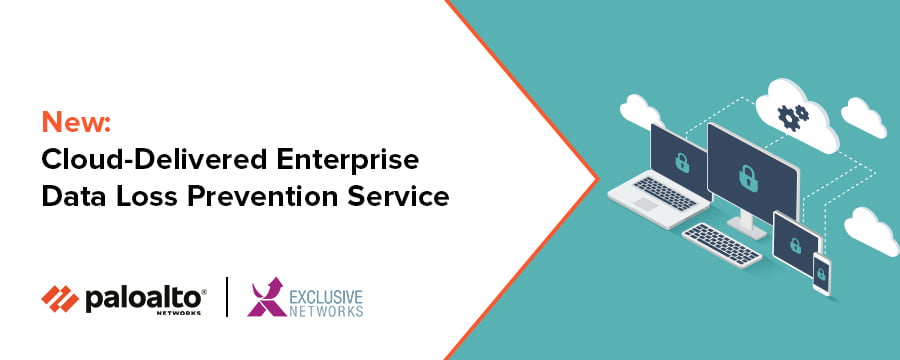
Palo Alto Networks has introduced Enterprise Data Loss Prevention (DLP)—a cloud-delivered service that brings a fresh, simple and modern approach to data protection, privacy and compliance.
The solution helps protect sensitive data at rest and in motion across every network, cloud and user access and effortlessly helps solve three major enterprise data security problems:
- Helps prevent data breaches by automatically identifying confidential intellectual property and personally identifiable information (PII) consistently throughout the entire enterprise.
- Facilitates regulatory compliance by helping enterprises meet data security requirements for the General Data Protection Regulation (GDPR), Payment Card Industry Data Security Standard (PCI DSS), Health Insurance Portability and Accountability Act (HIPAA), California Consumer Privacy Act (CCPA) and many more.
- Inhibits risky user behaviour to aid in blocking voluntary or involuntary data exposure and data movement.
As a single centralized cloud service, Palo Alto Networks Enterprise DLP can be deployed across an entire large enterprise in minutes with no need for additional infrastructure. In addition, the service makes it easy to define data protection policies and configurations once and automatically apply them to every network location and cloud where an organization has data. This also makes it easy for security teams to deploy DLP when organizations add new users or branch offices.
Because of its simplified policy engine and native integration into existing control points, including Palo Alto Networks Next-Generation Firewalls, VM-Series, Prisma Access, Prisma Cloud, and Prisma SaaS, it has the lowest total cost of ownership (TCO) compared to complex legacy DLP products. This combines new and existing DLP offerings into a single comprehensive service, bringing Palo Alto Networks into the enterprise DLP market.
Palo Alto Networks Enterprise DLP can automatically detect sensitive content via advanced machine learning-based data classification and data patterns that leverage over 500+ industry-defined data identifiers. Some examples of these include, but are not limited to, credit card numbers, Social Security numbers and financial records.
Read the full Press Release here and contact your local Exclusive Networks Account Manager for more information.


